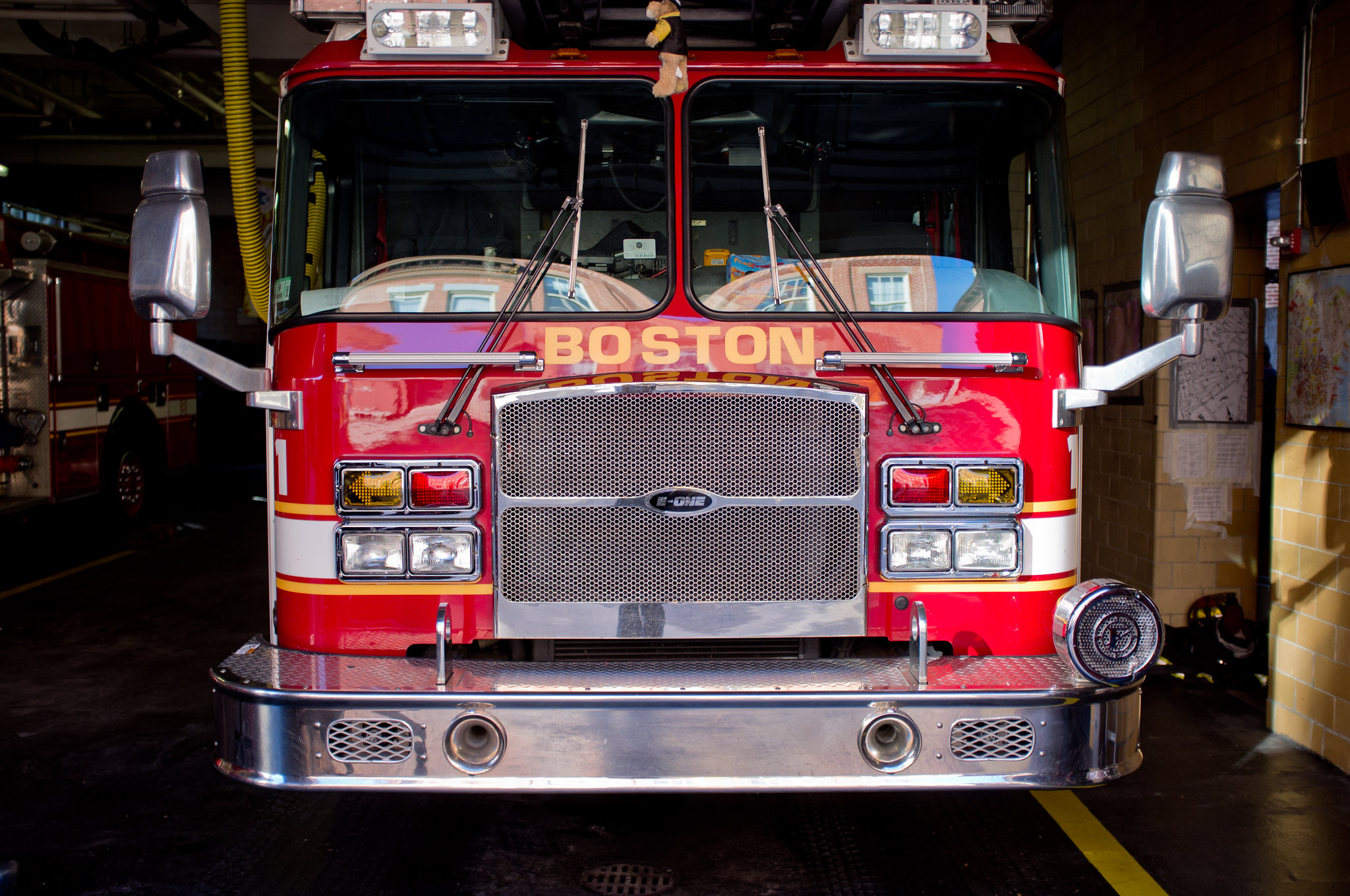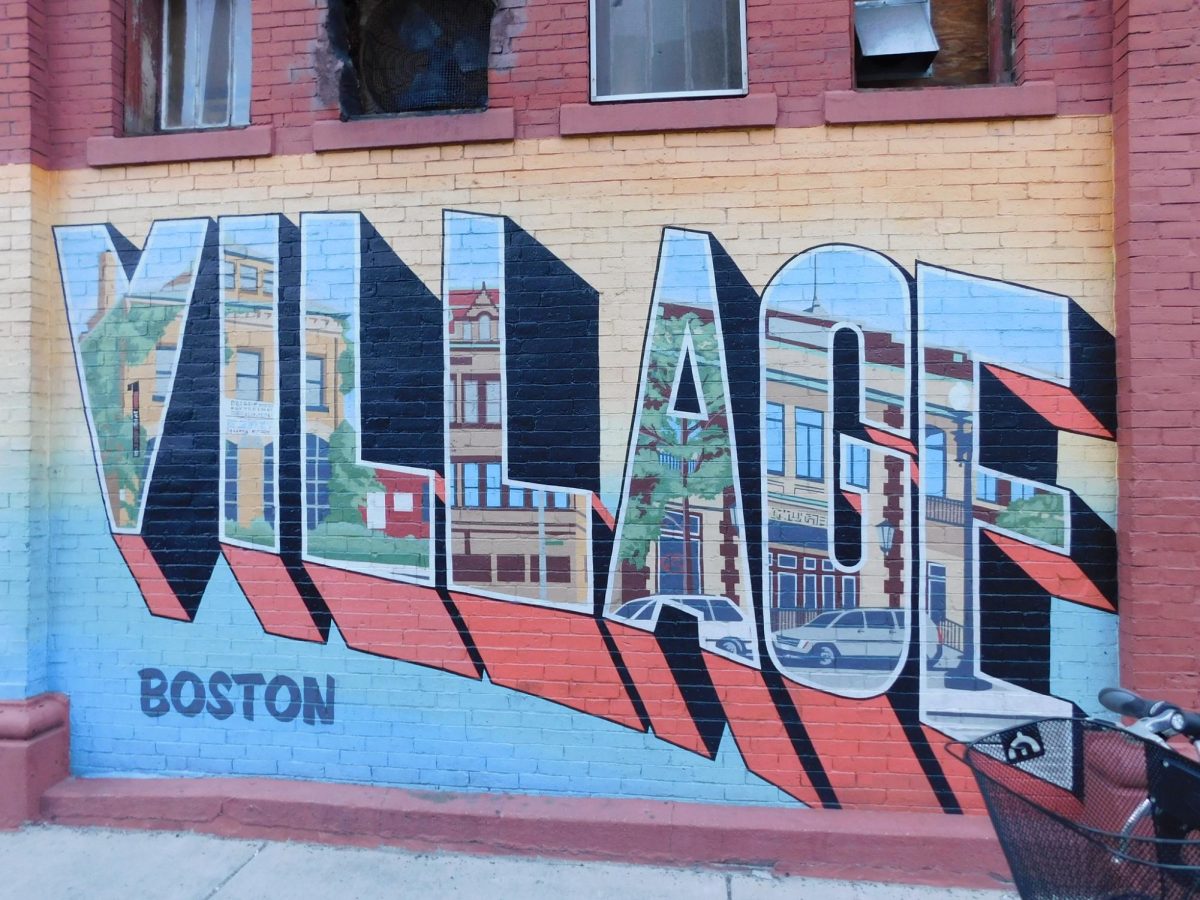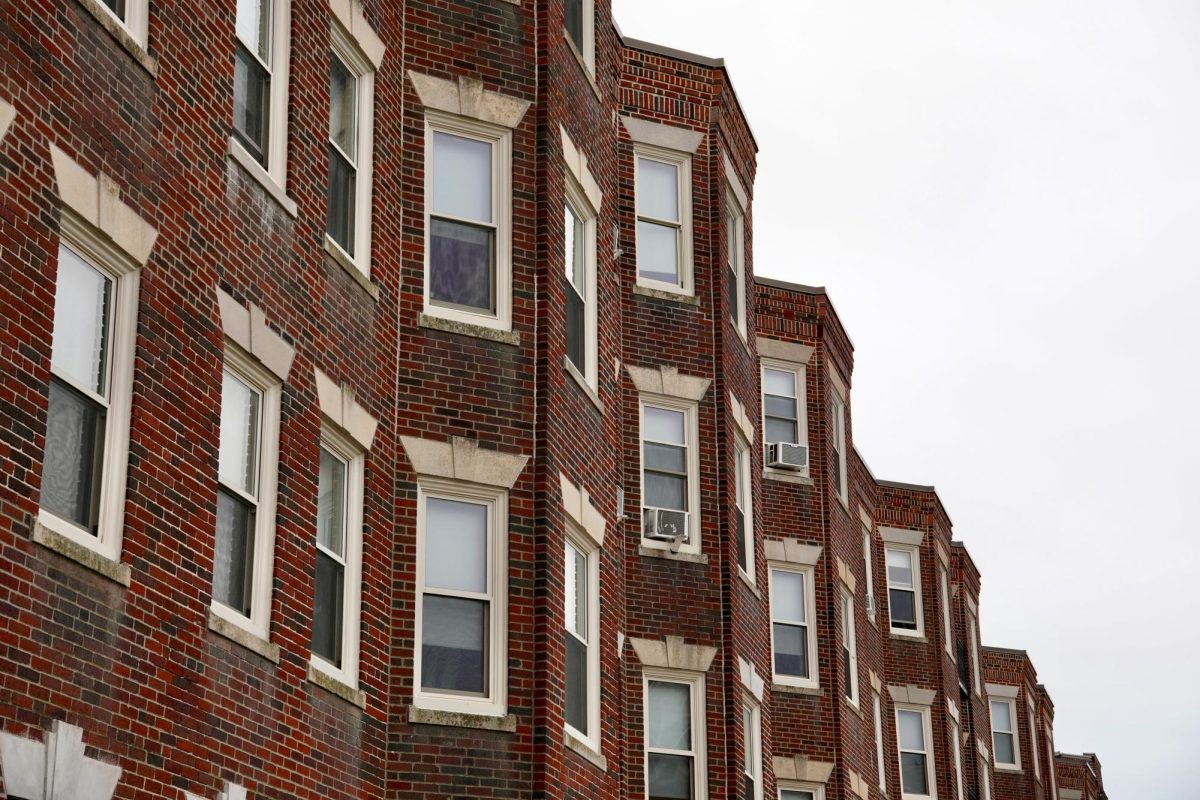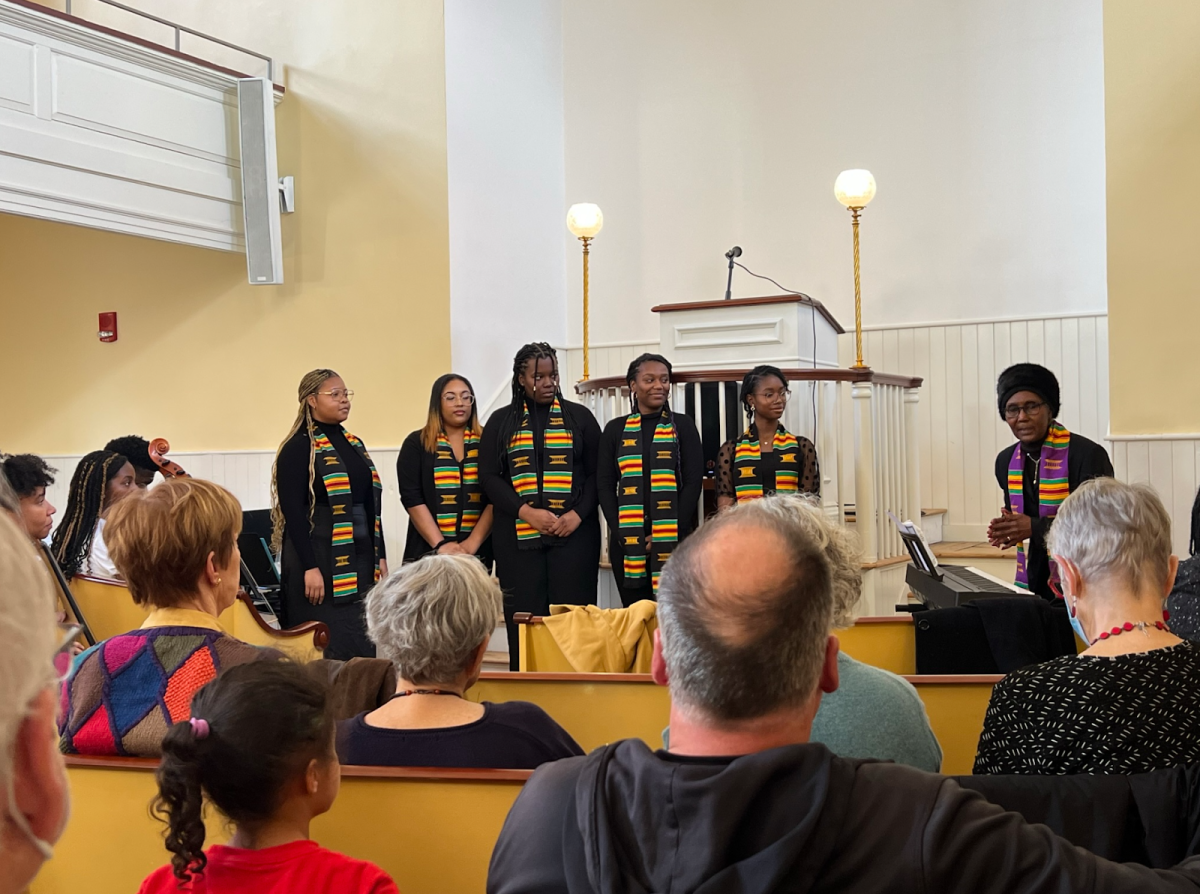Off duty and on Facebook, Octavius Rowe, a 17-year veteran of the Boston Fire Department, made a handful of posts in 2017 that included sentiments the Boston Civil Service Commission determined were bigoted and derogatory, especially against the LGBTQ community.
After an investigation into his social media in 2018, Rowe was terminated. He objects to his firing and has since appealed to both the Civil Service Commission and Suffolk Superior Court. Rowe argues that he had no knowledge of the department’s social media policies and was simply exercising his First Amendment rights when he made posts including the word “Smallhat,” a derogatory term for Jewish people, and calling the head of the Boston Urban League a “shoe-shine Negro.” He also repeatedly criticized homosexuals on his Facebook page.
“Nothing on my social media designates myself as a firefighter. I could understand the City’s disposition if I had written on my Facebook page that I am a firefighter with the City of Boston,” said Rowe in an interview, claiming he only mentioned firefighting “offhand” in a few posts. “I never ever mentioned what I would do to an individual in my role as a firefighter. When I’m online, I am a private citizen engaging in public discourse.”
Rowe, who is black, says he also feels singled out for his race as the overwhelming majority of Boston firefighters are white and make comments he feels are just as offensive.
A combination of unclear laws governing the speech of public service officials and staggeringly low rates of diversity within departments have led to firings across the nation. Rowe’s own appeal mentions two firefighters who resigned from the Boston Fire Department after investigations into their posts in 2017. Neither of them could be reached for this article despite multiple attempts. Hundreds of other firefighters across the country have been suspended, demoted or otherwise disciplined for their posts over the past few years.
Caleb Folwell, a firefighter from North Carolina, was fired in July for stating on Facebook that all illegal immigrants held in custody should be “exterminated.” Last year, Texas firefighter Chris Bush was fired for posting that immigrants crossing the border illegally should be shot and killed like hunting game. Arkansas firefighter Jonathan Marotti was dismissed in 2017 after posting that NFL athletes who kneel during the national anthem should be shot.
Legal precedents
The legal justification for firing a government worker over hateful speech often comes from the Pickering v. Board of Education Supreme Court case from 1968, which established the “Pickering Test,” a confusing set of precedents used to determine whether a government agency has legal justification to discipline employees for their speech.
The test requires that a government employee speak as a private citizen and not as a representative of a government agency, which can get complicated.
When speech is challenged, a court must decide whether or not the statement is related to a “matter of public concern.” Whether something is a matter of public concern varies from judge to judge and can also differ based on the statement. A firefighter complaining online about being skipped over for a promotion may be viewed by a judge as simply a personal grievance, while another could determine the firefighter’s statement is important to the public, especially if the public speech involved a charge of discrimination.
Curt Varone is a former firefighter who now works as an attorney in Rhode Island and Maine with a focus on cases involving firefighter labor disputes. He said the Pickering Test demands that the statement must also have violated a specific rule or regulation set forth by the employee’s respective government agency.
“The court has to balance whether or not the firefighter’s interest in speaking outweighs the fire department’s interest in shutting him up,” said Varone, who noted that the balancing portion of the test comes down to a judge’s opinion, which can vary greatly. “You can’t predict that, there is no formulation for it. The Pickering Balancing Test is a disservice to firefighters and also all fire chiefs. It is vague and ambiguous, you can’t predict when you will get yourself in trouble.”
Varone said posts related to any forms of violence made by public safety workers are problematic and unlikely to be protected by the First Amendment.
“The area most likely to get you in trouble in this arena is when you threaten harm to a person or a group or when you threaten to withhold services from a person or a group based on race, religion, ethnicity, etc.”
In the case of Rowe, like many other firefighters dismissed for their social media posts, the distinction between what is and isn’t okay to post isn’t completely clear. One of Rowe’s online posts depicted a caricature of a black man holding the severed head of a white man in reference to the anniversary of the Nat Turner slave rebellion.
“The reality of it is, that it is a historical event, the Nat Turner slave rebellion,” said Varone, who mentioned that Rowe was a representative of the Boston Vulcans, a group that advocates for more diversity in the fire department. “It isn’t really advocating violence and more celebrating a historical event.”
At the same time, some of Rowe’s other posts suggested potential prejudices, referring to lesbians as “lez-beasts” and posting that “laying with white women is like spitting in your mother’s womb,” according to court documents.
“Some of his other postings kind of go beyond that and suggest that he harbors such ill will against other people that the public could question whether or not he is capable of delivering a service to those people,” said Varone.
However, since a court hasn’t officially established a hard line, firehouses, firefighters and their lawyers are left to find it.
Jimmy Morris, a firefighter of Columbia, South Carolina, was dismissed in July 2016, for posting “Idiots shutting down I-126. Better not be there when I get off work or there is going to be some runover dumb asses,” on his Facebook page. Morris’ case falls into an ambiguous category of the law in the eyes of some attorneys. Although Morris declined to comment for this article, his lawyer did.
“There are some [cases] where you fall into a bit of a gray area,” said J. Paul Porter, who is representing Morris in his current lawsuit against South Carolina. “It puts the court in a tough decision. Does this cross the line or does it not? Did it cause anything more than 15 minutes of controversy on Facebook?”
Online words, offline action
Rowe maintains that he didn’t make any explicit threats of violence and didn’t state his profession on his social media, excluding a podcast where he briefly mentioned firefighting. But Civil Service Commissioner Robert Johnson Jr., who declined to comment for this article, said in court documents that “Boston residents should not have to allow bigots like Rowe into their home in order to receive emergency services from the Boston Fire Department.”
Rowe feels that Johnson and the Civil Service Commission are trying to act as “future-tellers” by claiming that his comments could interfere with his work. Given the deep connection he feels to the Roxbury community he grew up in, he feels that his 17 years of experience should mean more than posts he made on Facebook.
“I have been on 17 years. In my personnel file, there are more commendations than acts of discipline,” Rowe said in a phone interview in October. “If I am this irrational, violent, racist, homophobe anti-Semite, at some point that would’ve shown in my behavior on 17 years of the job. It never did, because it doesn’t exist.”
Rowe also disputed that any biases would affect his work as a firefighter, stating that though he disagrees with President Donald Trump, “I’ll be damned if he is in a burning building and I’m not going in to get him.”
Social media cases are made even more difficult by the fact that all social media policies are subject to the First Amendment, making it tricky for departments to find a way to regulate their firefighters’ speech and educate them on what not to say without infringing upon their rights. Based on the First Amendment, Porter said that policies “have to be unclear,” which creates an environment where firefighters have no real knowledge of what they can and cannot say.
“When the policy is too specific, it has risk of being stuck down by federal court for being prior restraint on the employee’s First Amendment rights,” Varone said. “When the employer doesn’t provide enough specificity, the policy risks being struck down for being vague and ambiguous and in violation of the 14th Amendment. That is the dilemma that public government employers are faced with. [The government] can’t win, and neither can employees.”
Training employees on regulations of their speech before an incident occurs can wind up being illegal, but no training at all leaves firefighters vulnerable.
“I think public safety employers have done a lousy job [making] clear social media policy … Frequently, it is completely ignored,” said Will Aitchison, an Oregon lawyer who founded the Labor Relations Information System, which runs seminars across the country to educate public safety workers on their workplace rights.
According to court documents, Morris’s department did not have a social media policy about making posts expressing a negative sentiment toward Black Lives Matter protesters, at the time of his dismissal. Instead, he was fired for a violation of Columbia’s general civility policy.
General civility policies, sometimes referred to as “conduct unbecoming policies,” typically replace social media or speech-specific rules, which Porter said often do not exist in city or government agencies. Since these policies are intentionally vague to prevent First Amendment conflicts, general civility and the conduct unbecoming policy that Rowe was subject to open even more doors to ethical dilemmas.
“What the heck is conduct unbecoming? If I like you, that isn’t conduct unbecoming. If I don’t like you, it is conduct unbecoming,” said Varone, who also mentioned that the vague policies lead to preferential treatment or discrimination in firehouses “every day.”
Diversity in the department
The ambiguous laws don’t explain why firefighters across the nation post inflammatory statements online. Experts point to the fact that many firehouses lack diversity, potentially brewing an environment where inflammatory speech is more accepted.
According to a Department of Labor study, 95% percent of firefighters are male and 79% are white. Additionally, 22% of firefighters have a bachelor’s degree or higher, lower than the rate among the rest of employed Americans which hovers around 37%.
Former firefighters and those who have worked with them have cited culture and diversity concerns, ranging from issues with training to outright discrimination.
“It is not uncommon for fire department cultures to be deeply, deeply rooted in very old school thinking, because [fire departments] are old,” said David Givot, a former first responder working in California as an attorney who conducts trainings for first responders. “The old school thinking is what is bestowed upon the new kids, the young ones. What are they going to do but act the way they are taught to act in this culture?”
Givot described how the structure of training in fire departments leads to passing down of values from one firefighter to another. All new firefighters are trained by the ones before them, which Givot said can be problematic since nearly all firefighters experience a probationary period upon being hired where they can be terminated for “anything or nothing at all,” influencing firefighters to try to adopt the culture that already exists.
“Think about what the country was like in the ‘30s, and ‘40s and ‘50s … It is not uncommon for the young recruits today to look around and act like the old school guys rather than bringing new thinking,” Givot said. “They want to fit in, so they do whatever they can to fit in. When I first started at EMS I tried really hard to fit in so that the guys around me would like me. When I was older, the new guys tried to fit in with my way of thinking.”
To Varone, old-school culture can mean preferential treatment and possible discrimination. Rowe said that it meant racism in the form of microaggressions during his time with Boston Fire Department. Additionally, Rowe felt that he was targeted for his termination because of his race, alleging in his suit and in an interview that white firefighters had been treated differently when they had committed similar offenses.
“It is not a comfortable place. A black person would have to alter their sensibilities to function with relative comfort and ease in the fire department,” said Rowe, who referenced offensive comments about news of inner city shootings and to Black Lives Matter protests, made verbally at the firehouse, that went unpunishment.
Rowe referenced how Mayor Marty Walsh’s mayoral campaign included promises of working to ensure public agencies better reflect Boston’s community. According to data available on the City of Boston’s website, 72% of the fire department is white, while just 53% of Boston residents are white. Rowe says Walsh has failed.
“How do you explain an 80 percent white firefighter force? It makes no sense,” Rowe said.
“[This] culture pervades on the BFD, BPD, EMS. They deal with similar issues. They say the same thing has happened. This is systemic. This is throughout.”








